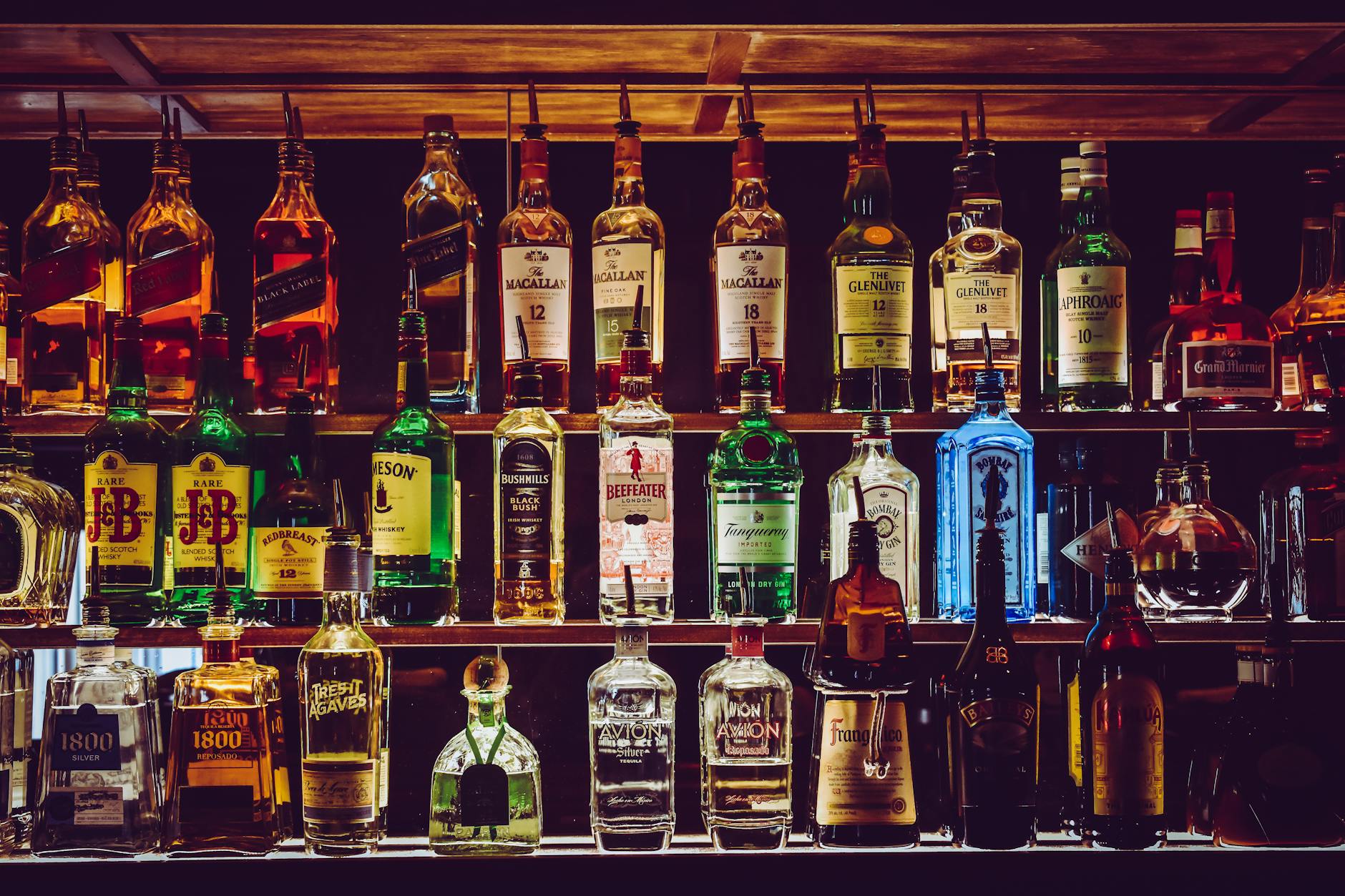Discover the surprising science behind why some people get tipsy while others end up wasted after a few drinks.
Table of Contents
Have you ever wondered how many beers it takes to get drunk? The answer to this question is not as straightforward as you might think. Alcohol intoxication is influenced by a variety of factors, including alcohol metabolism, individual tolerance levels, and other variables that can impact how quickly alcohol affects the body. In this blog post, we will delve into the science behind intoxication and explore what determines how many beers it takes to reach that tipsy or downright wasted state.
Understanding Alcohol Metabolism
alcohol metabolism is a complex process that occurs in the liver. When you consume alcohol, it is broken down into acetaldehyde and then further metabolized into acetate, which is eventually converted into carbon dioxide and water. The rate at which alcohol is metabolized can vary from person to person and is influenced by factors such as gender, body weight, and metabolism.
Men tend to metabolize alcohol more quickly than women due to differences in body composition and enzyme activity. Individuals with a higher body weight may also metabolize alcohol at a faster rate compared to those with a lower body weight. Additionally, certain medications and health conditions can impact the body’s ability to metabolize alcohol efficiently.
Individual Tolerance Levels
One of the key factors that determine how many beers it takes to get drunk is an individual’s tolerance level. Tolerance to alcohol can vary widely among individuals and is influenced by several factors, including genetics, age, and previous alcohol consumption.
Those who regularly consume alcohol may develop a higher tolerance over time, requiring more drinks to achieve the same level of intoxication. Conversely, individuals who infrequently drink alcohol or have a lower tolerance may feel the effects of alcohol more quickly after consuming just a few drinks.
Factors Influencing Intoxication
Several factors can influence how quickly someone gets drunk after consuming alcohol. The type and strength of alcohol play a significant role in determining intoxication levels. Drinks with a higher alcohol content, such as spirits, are more likely to lead to intoxication faster than beverages with lower alcohol content, like beer or wine.
Food consumption can also impact how alcohol is absorbed in the body. Eating before or while drinking can slow down the absorption of alcohol and reduce the likelihood of becoming too intoxicated too quickly. Conversely, drinking on an empty stomach can lead to faster alcohol absorption and a higher likelihood of feeling drunk sooner.
Tips for Safer Drinking
While it can be fun to indulge in a few drinks with friends, it’s important to consume alcohol responsibly and know your limits. To avoid getting too drunk, consider pacing yourself and alternating alcoholic drinks with water or non-alcoholic beverages. Be mindful of how much you’re drinking and pay attention to how alcohol affects your body.
If you start to feel too intoxicated, it’s crucial to stop drinking and ensure you have a safe way to get home. Never drink and drive, and always have a plan in place to get home safely if you’ve been drinking. Remember that alcohol affects everyone differently, so it’s essential to drink in moderation and prioritize your well-being.
By understanding the science behind alcohol metabolism, individual tolerance levels, and the various factors that influence intoxication, you can make informed choices about how much alcohol you consume and how it affects your body. Whether you’re sipping on a beer or enjoying a cocktail, drink responsibly and prioritize your health and safety above all else.
Cheers to a better understanding of the factors that determine drunkenness and how to enjoy alcohol in a safe and responsible manner.
FAQs
How long does it take for alcohol to be metabolized by the body?
Answer 1: On average, the liver can metabolize about one standard drink per hour. However, this can vary based on individual factors such as weight, gender, and overall health.
What can I do to sober up faster?
Answer 2: Drinking water, eating food, and getting plenty of rest can help your body metabolize alcohol more quickly. Avoiding caffeine and other stimulants can also aid in the sobering-up process.
How can I prevent a hangover?
Answer 3: To reduce the chances of a hangover, stay hydrated, consume alcohol in moderation, and eat a balanced meal before drinking. Avoid mixing different types of alcohol and pace yourself throughout the night.
Does drinking on an empty stomach make you drunk faster?
Answer 4: Yes, consuming alcohol on an empty stomach can lead to faster absorption and a quicker onset of intoxication. Eating a meal before drinking can help slow down the absorption of alcohol and reduce the risk of feeling drunk too quickly.


Leave a Reply